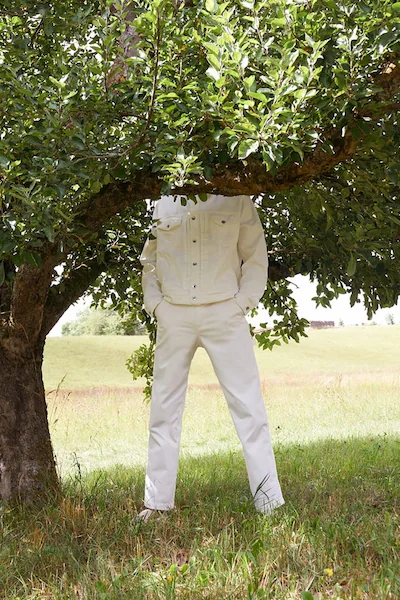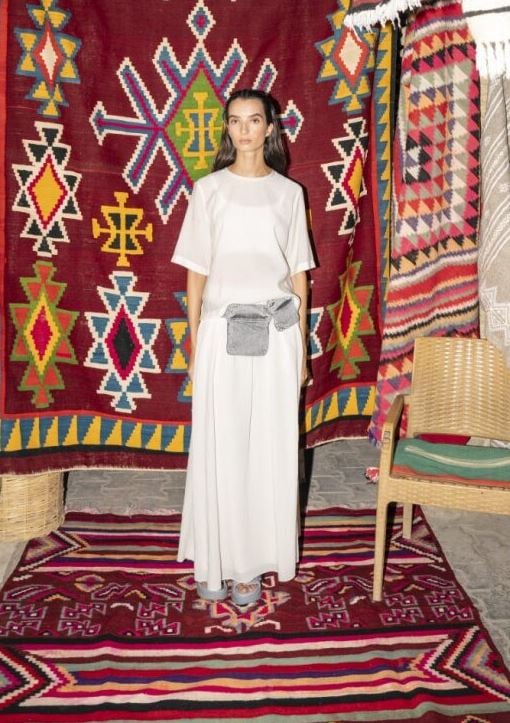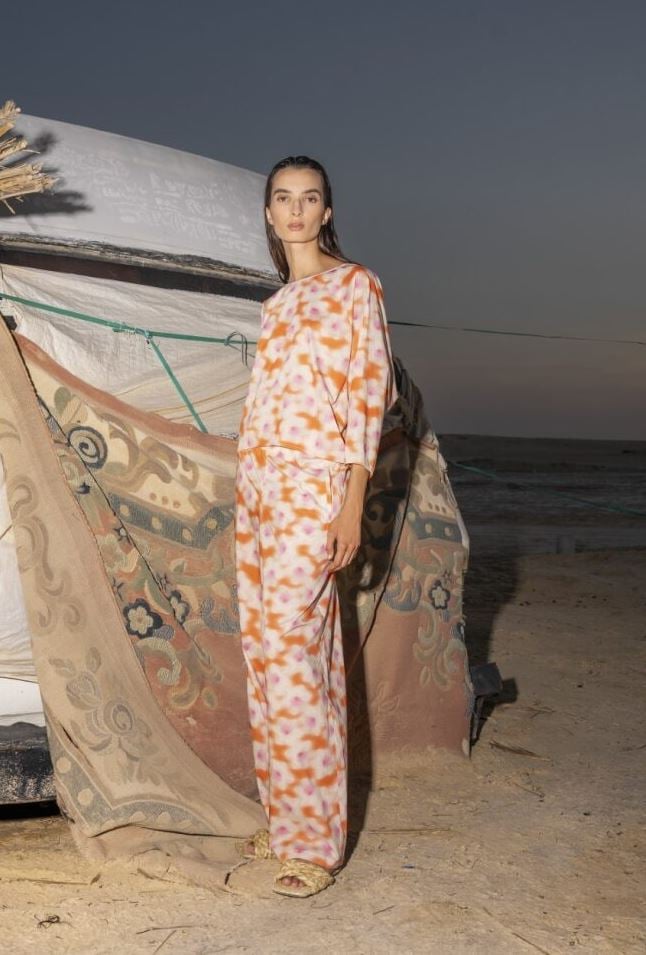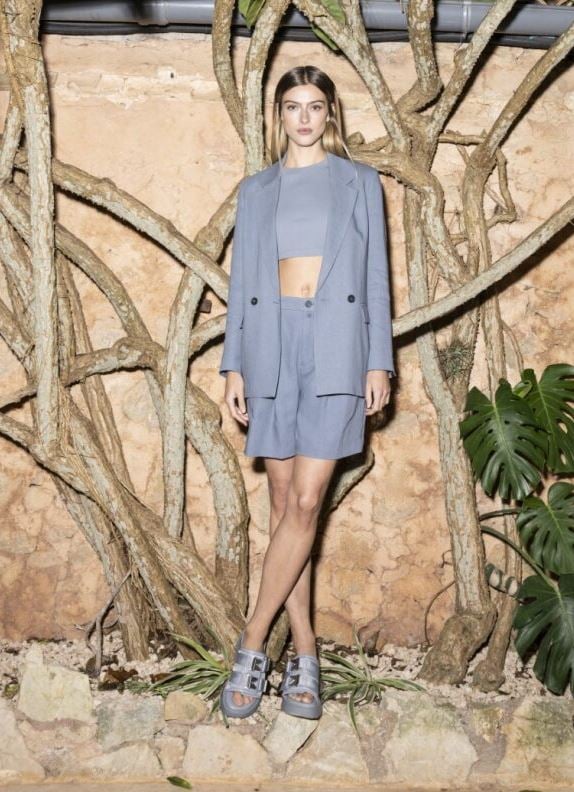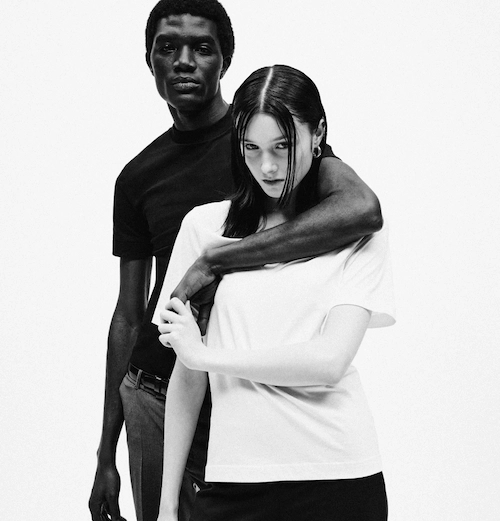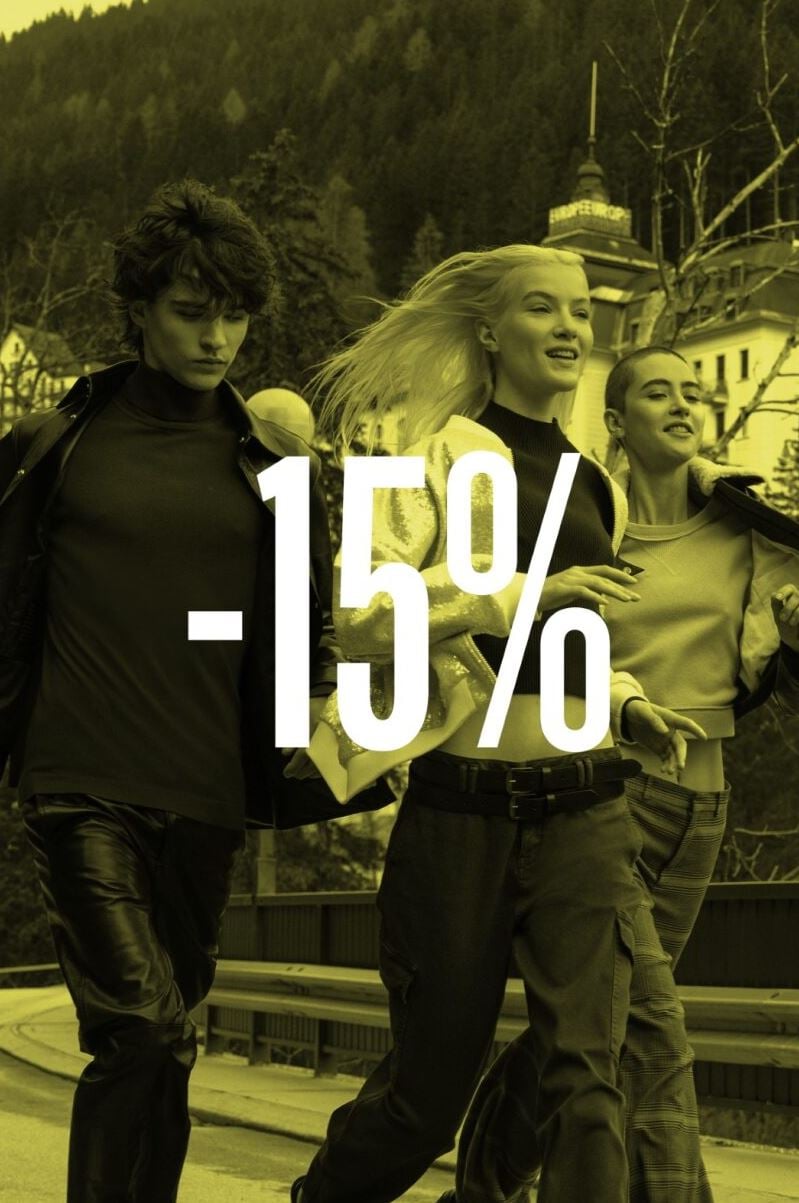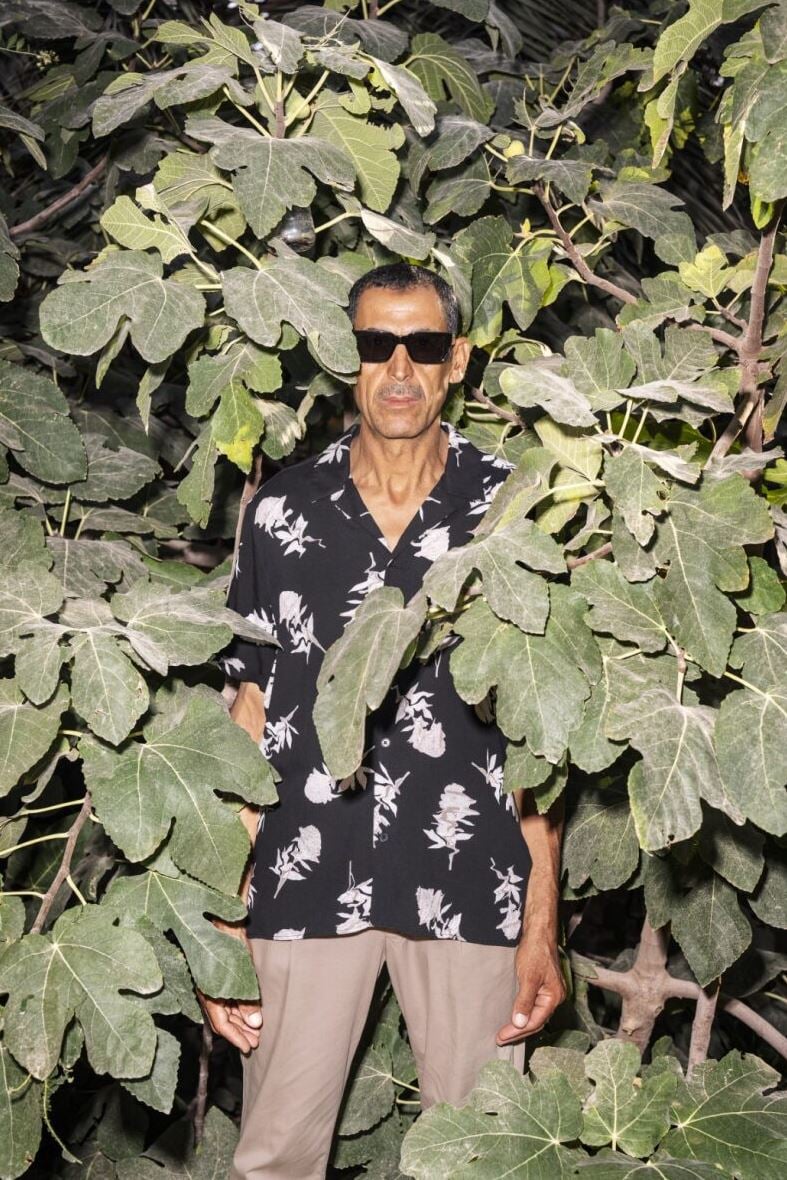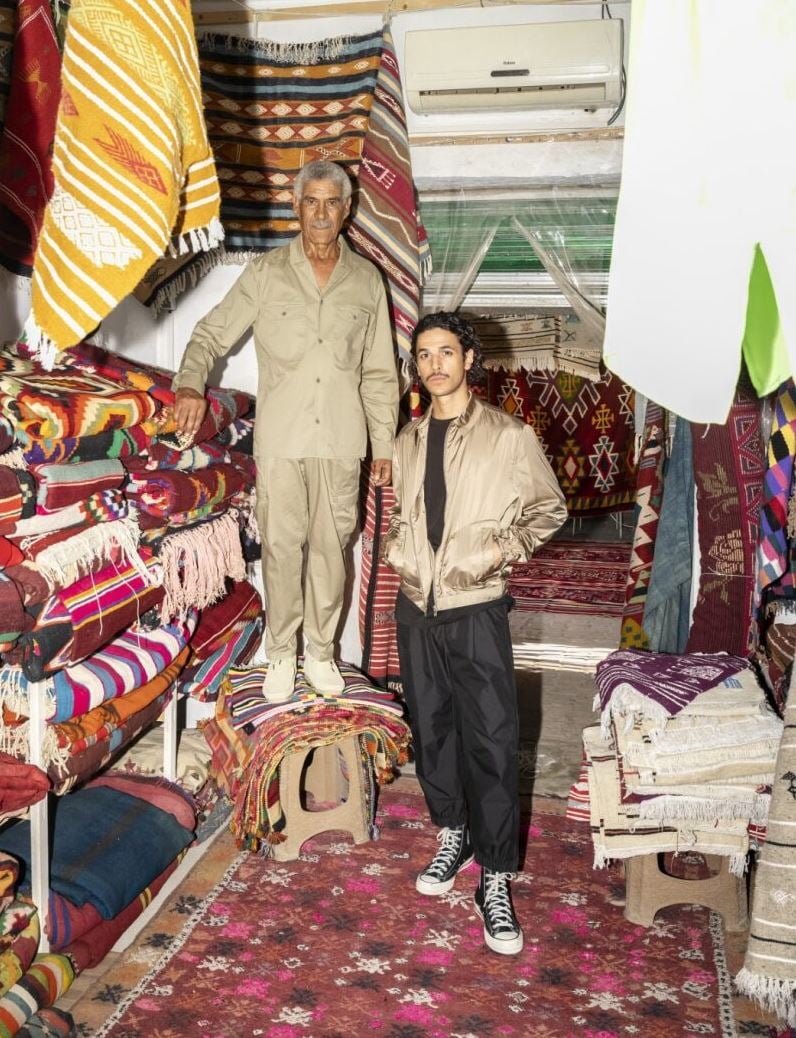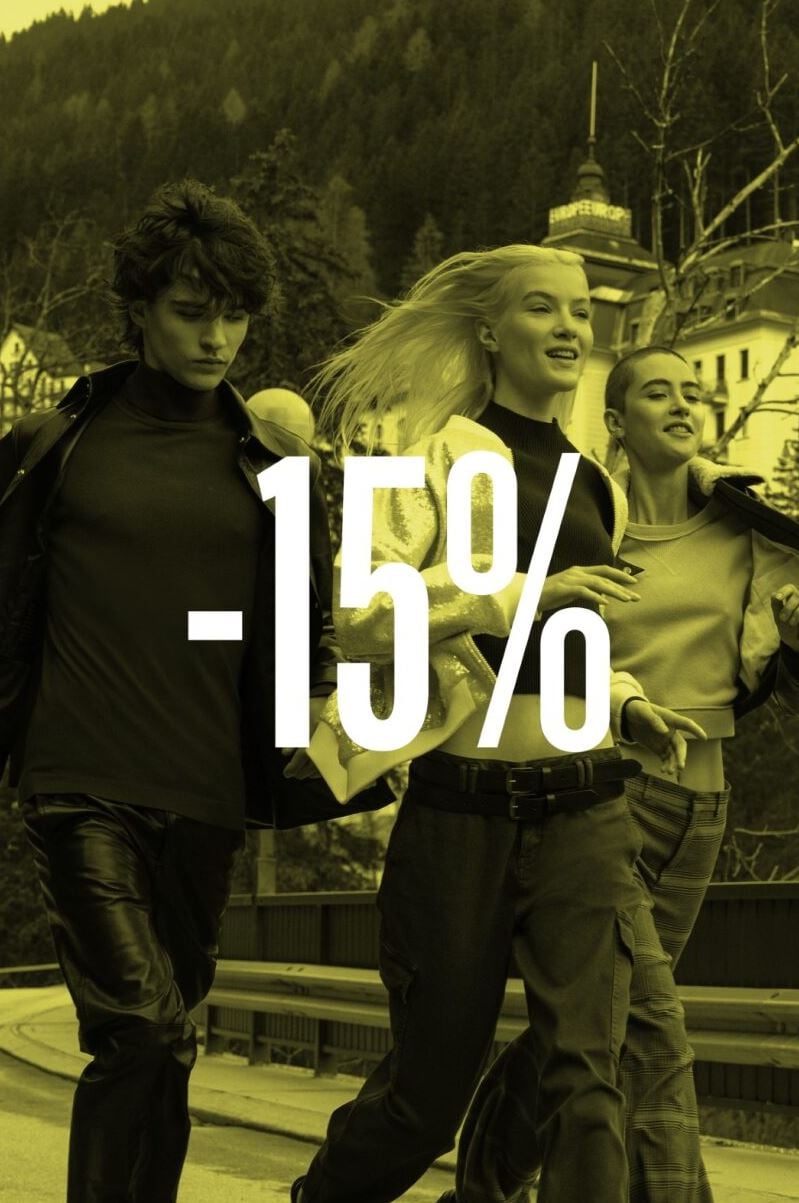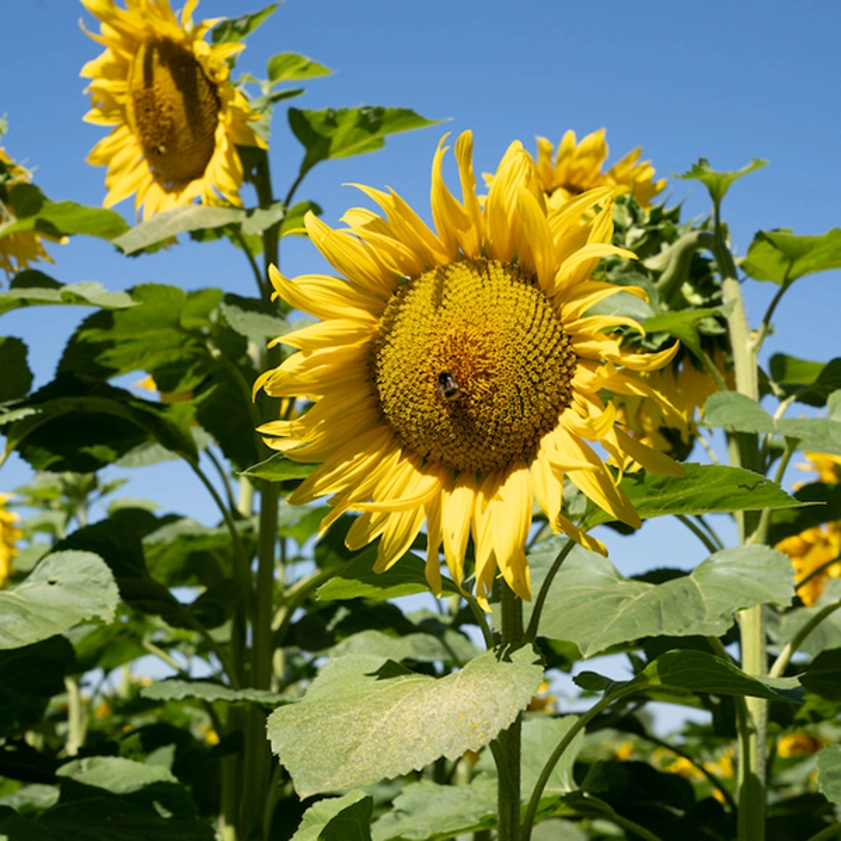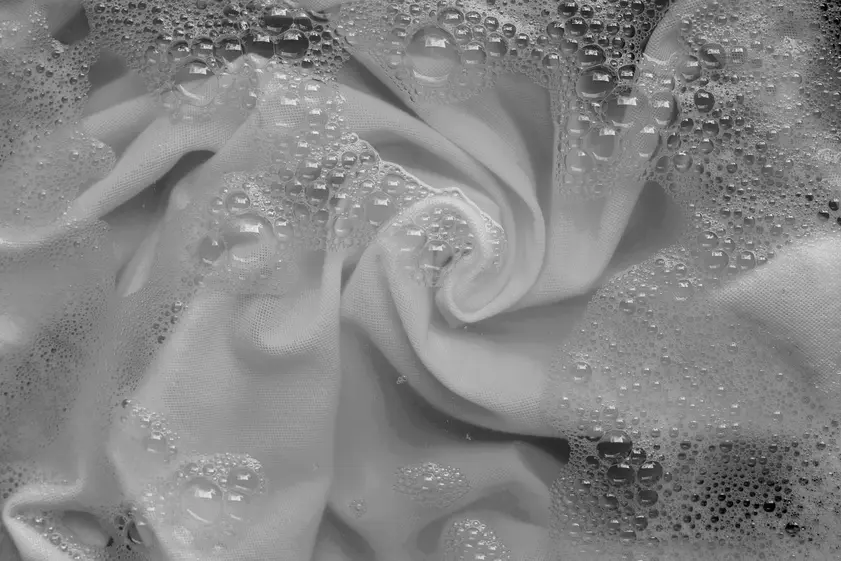PRODUCT
were saved thanks to our sourcing of Better Cotton1.
77
Kilogram of pesticideswere avoided thanks to our sourcing of Better Cotton1.
58
Thousand Euroin additional profits generated by Better Cotton farmers2.
that contain cotton have been sourced as more sustainable cotton (organic cotton, Better Cotton3, recycled cotton).
Materials for a sustainable future
New fibers for a better tomorrow
By producing garments there is always an impact on the environment - there is no way around that. After all you need precious resources to create any piece of clothing.
Decisions show who we really are. That’s why we are convinced a respectful use of the world’s resources is the right decision. Therefore, we use recycled wool, TENCEL™ by Lenzing and cotton sourced through the Better Cotton Initiative, to support sustainable cotton farming. We will continuously increase the sourcing of more sustainable fibres and will label our products accordingly to help you make a better choice.
Up next: 95% sustainable cotton by 2024 (organic cotton, Better Cotton, recycled cotton), more recycled materials.
1 Better Cotton's estimated figures for 2022
2 Better Cotton Farmers experience profit increases for a variety of reasons, most commonly due to increased yields and/or optimised use of inputs (such as irrigation water, pesticides or synthetic fertiliser).
3 This product is sourced via a system of mass balance and therefore may not contain Better Cotton.
It's also about whats not in our products
Britney: don't you know that you're toxic?
Hazardous substances are harmful (duh). To you, me, the environment and the planet. Therefore, our suppliers need to comply with the strict requirements of our Restricted Substances List and all applicable laws. The STANDARD 100 by OEKO-TEX is recognised as an industry standard and is also our benchmark. We regularly conduct random checks at various stages of the supply chain with accredited laboratories.
Environmental protection is as important to us as the safety of our products. Many of our suppliers have joined the requirements of the ZDHC MRSL. This list excludes the use of certain chemicals completely.
OEKO-TEX CERTIFIED FABRICS
STANDARD 100 BY OEKO-TEX CERTIFIED
Be kind to every kind. Not just humankind.
We consciously speak out for animal welfare. Leather and lambskin are only used if they are a by-product from the food industry. In addition, all our clothing leather tanneries are socially and environmentally audited.
84% of all our woollen knitwear is made from non mulesed wool. Mulesing is a common practice to prevent flystrike in Australia. Skin folds around the breach of young sheep are removed. A cruel procedure without anaesthetics that we reject. Therefore, we will increase the proportion of non-mulesed wool every year till we reach 100%.
Up next: even more non-mulesed wool, more vegan leather.
You won't find:
_REAL FUR
_REAL DOWN
_FEATHERS
_ANGORA
_MOHAIR
_MATERIALS FROM ENDANGERED OR THREATENED SPECIES
Towards a better future
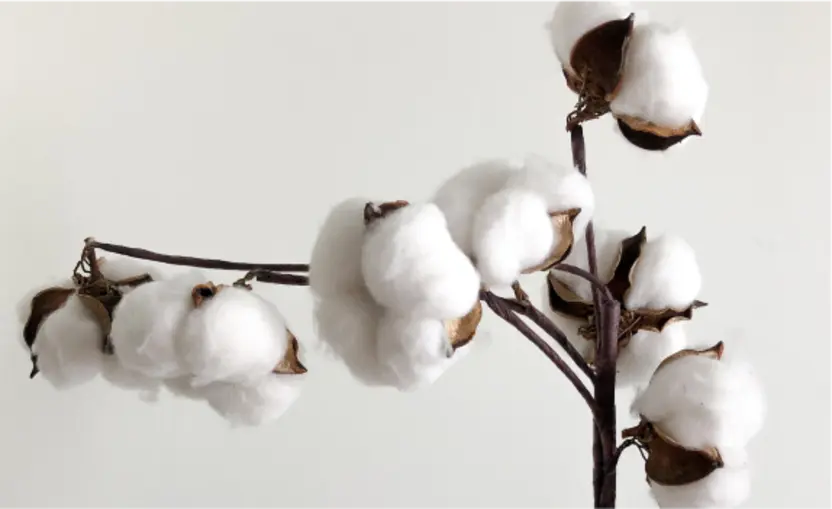
Better cotton for everyone
87% of all products containing cotton are made from sustainable cotton. By 2024, we will source at least 95% sustainable cotton (organic cotton, Better Cotton, recycled cotton).
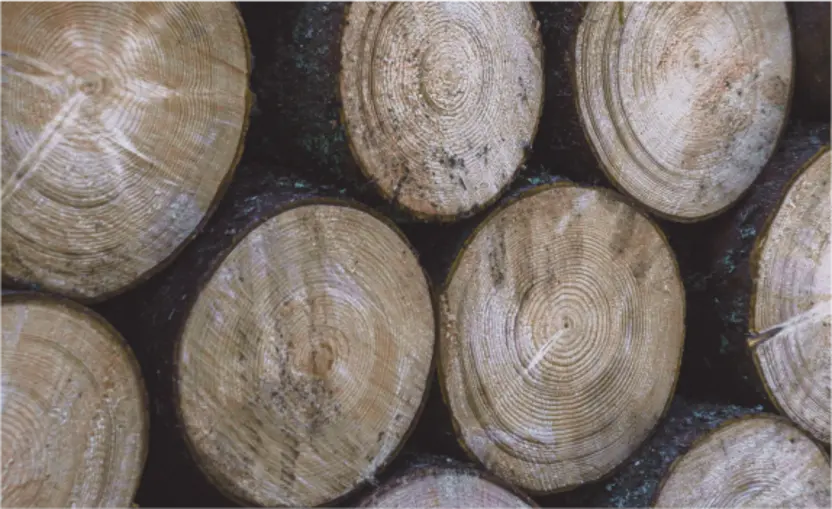
Renewable & Sustainable
Chemical fibers from renewable raw materials (lyocell, viscose, acetate, modal or cupro) are an important part of our collections. So far, 56% of the products containing such fibres are produced more sustainably. By 2024, we will produce 70% of all products containing man-made fibres from renewable raw materials from more sustainable variants (e.g. FSC certified, hot button green shirt rated, etc.).
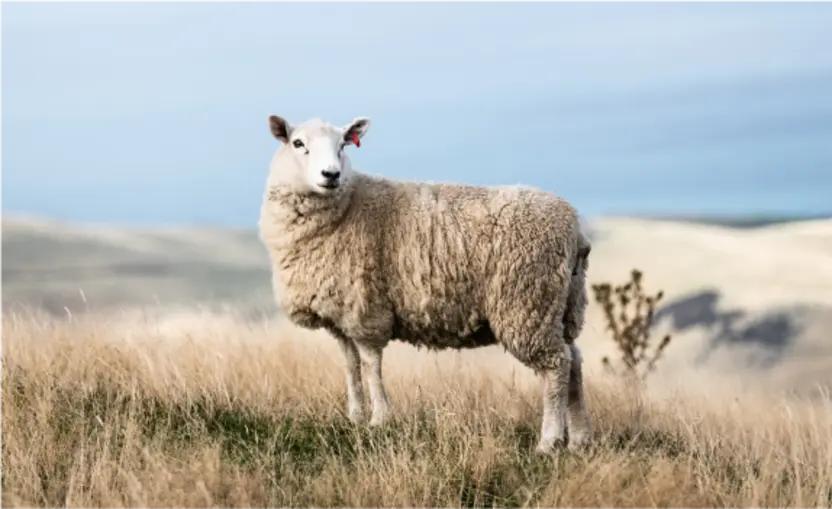
Cruelty-free wool
88% of all products containing wool fibres are made from non-mulesed wool. We will continuously increase the amount of non-mulesed wool until 100% of our products containing wool are converted. Learn more about mulesing and why we oppose this practice here.
Values refer to the F/S and H/W 22 collections.


